“If cameraman Korey (@KoreyDavisPhotography) doesn’t shoot it, I won’t eat it.” I love my community, my people, and, thanks to the selfless actions of our ancestors, the wonderful growth we experienced from slavery to our modern day success. At times, however, I get a bit discouraged when I hear s$%@ from my own people like, “Black people don’t know customer service,” or “Black Restaurants always running out of food,” and so on and so on. We demonize our own cities, eateries, and businesses to our collective detriment.
I was going to do a review today, but decided I needed to address my nagging concerns regarding the comments I’ve received from our people throughout this blog startup process. Many of these comments were echoed by friends and associates who discouraged me from going to restaurants in the hood and inner city, yet supported me reviewing swanky and popular places on South Beach and Coral Gables. My friends would further express how I needed these types of reviews under my “belt” to be taken serious by the industry. I wholeheartedly disagreed. There is culinary sophistication and genius in our community, and it’s time for us to tell our collective story with pride and enthusiasm while changing the narrative surrounding some of the less than ideal experiences.
Just look at the wonderful black and brown eateries we’ve reviewed just in the past month!
- Cutters Lounge in Detroit, MI
- Chef Eddy’s in Orlando, FL
- Miami Grill in South Beach
- New Detroit Vegan Soul in Detroit, MI
- Royal Indian Restaurant in Sunrise, FL
- Cupcake Galleria in Davie, FL
- Finga Licking in North Miami
- Signature Cigar Lounge in Miami Gardens
In 2015, I attended the SXSW conference in Austin, Texas and met up with friends for lunch. Based on stellar recommendations from locals and food brochures, our group decided on Franklin Barbecue. As we approached the entrance, there was a line. As we waited, the amazing aroma coming from the over-sized smoker was mesmerizing.
When one of the owners greeted waiting customers, I could see the joy on their faces, including a member of our group. The line moved slowly, and we were finally nearing the front of the line when a small blonde woman came out and screamed, “We all out,” “We are done for the day.” I was confused. We had been standing in that line for 30 minutes. The other folk in line (mostly white) were laughing and screaming “ah man” and “We gotta get here earlier tomorrow.”
From where I was standing, I could not hear any demands to speak to a manager immediately. There were no grumblings about “White people never got their s$%# together,” “White people always running out of some s$%#” or “White people don’t know good customer service with that woman yelling at everyone like that.” Nobody complained; they just planned aloud to arrive earlier next time.
Had that been a black restaurant, help me Jesus. There would have been picture taking, social media slander, grumbling, and all sorts of carrying on.
What I learned from this experience is that Black restaurants must transform their customers’ reaction to scarcity from one of disgust to one of appreciation that this restaurant’s food is so amazing that they sold out before I could get mine. That was the foundation for the reaction at the Austin restaurant which displayed the same scarcity our inner city and local black restaurants experience when they are out of collard greens or your favorite dish. Think about it. If the food wasn’t good, they wouldn’t be running out! And that experience does not make Black restaurateurs any less than anyone else.
Black owned restaurants also suffer from some of us being dismissive of their culinary sophistication, innovation, and genius. Maybe they need to come up with quirky names for their food and build a marketing strategy conveying the scarcity of a particular dish. Can you imagine some of our South Florida or Detroit black eateries garnering the same demand and fun nostalgia as Austin’s finest barbecue joint and the pavlovian response generated by the Krispy Kreme HOT NOW sign?
Take a look at the variety and complexity of foods offered at black and brown establishments we’ve reviewed over the past month.
I review nonblack restaurants all the time and there are very little differences in the quality of service in comparison to local black restaurants. Conversely, service at times is difficult in communities that are socioeconomically challenged regardless of race. Unfortunately, lower socioeconomic neighborhoods have become synonymous when describing the Black Community. I once climbed the Smokey Mountains in Sevierville, Tennessee, which is a tourist town with a large working poor population. At one of their diners, I received poor customer service but great southern cooking from an all-white staff. My experience was no different from eating in an inner city restaurant with Shanquella chewing gum and asking me “What you want to order?”
We all work hard for our money and want to maximize our dollar through great experiences. The survival of small black and brown inner city eateries depends on us. Instead of demonizing an entire race because Roscoe’s ran out of waffles, try a different approach. Instead of spreading negativity about your experience on social media or through conversations, use the same platforms to help change the narrative. Go and speak to the owner or the manager, constructively share your concerns and, if possible, direct them to resources that can help.
This is how we help each other. This is how we grow our local economy. Most black owned eateries hire from the surrounding neighborhood, which contributes to lowering unemployment rates in our communities, so don’t go f$&%@!# that up because Tyrone didn’t say hello to you when you walked in the Fried Fish and Soul Food joint.
Our food ecosystem – locally, regionally, and nationally – needs our support and love. How about we all give black and brown eateries a CLEAN SLATE by cutting back on the judgment, replacing it with constructive criticism, when necessary, and positive reinforcement? We should be willing to give black and brown eateries the same give and take we do more established brands when they mess up.
Rather than only calling the local news stations when something goes wrong, invite the local news stations to come and see the great things happening in your community with black and brown restaurants. Food is a great unifier and the timing for unifying around black and brown eateries is perfect. Let’s make it the rule and not the exception to support inner city eateries – and let’s do so with an open heart, mind, and belly for a greater economic and culinary future.


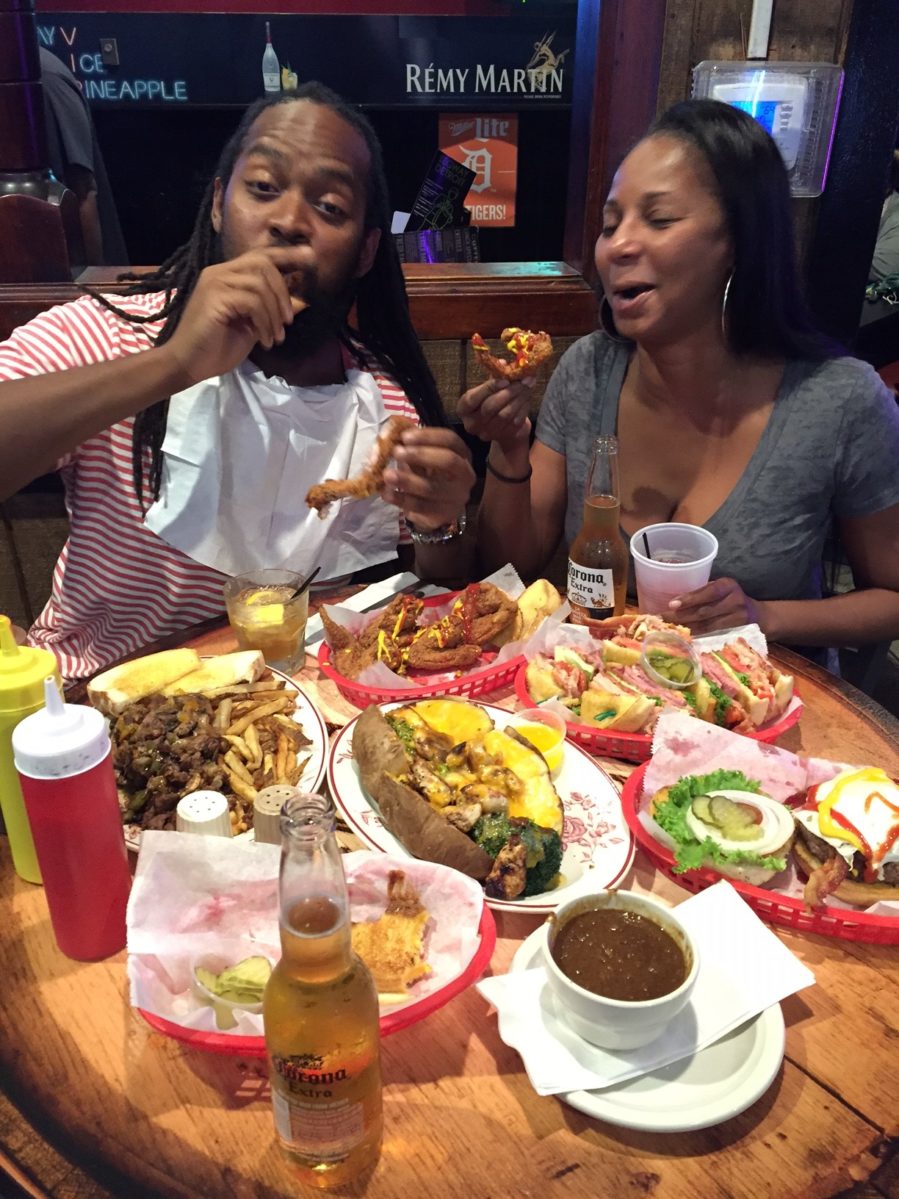


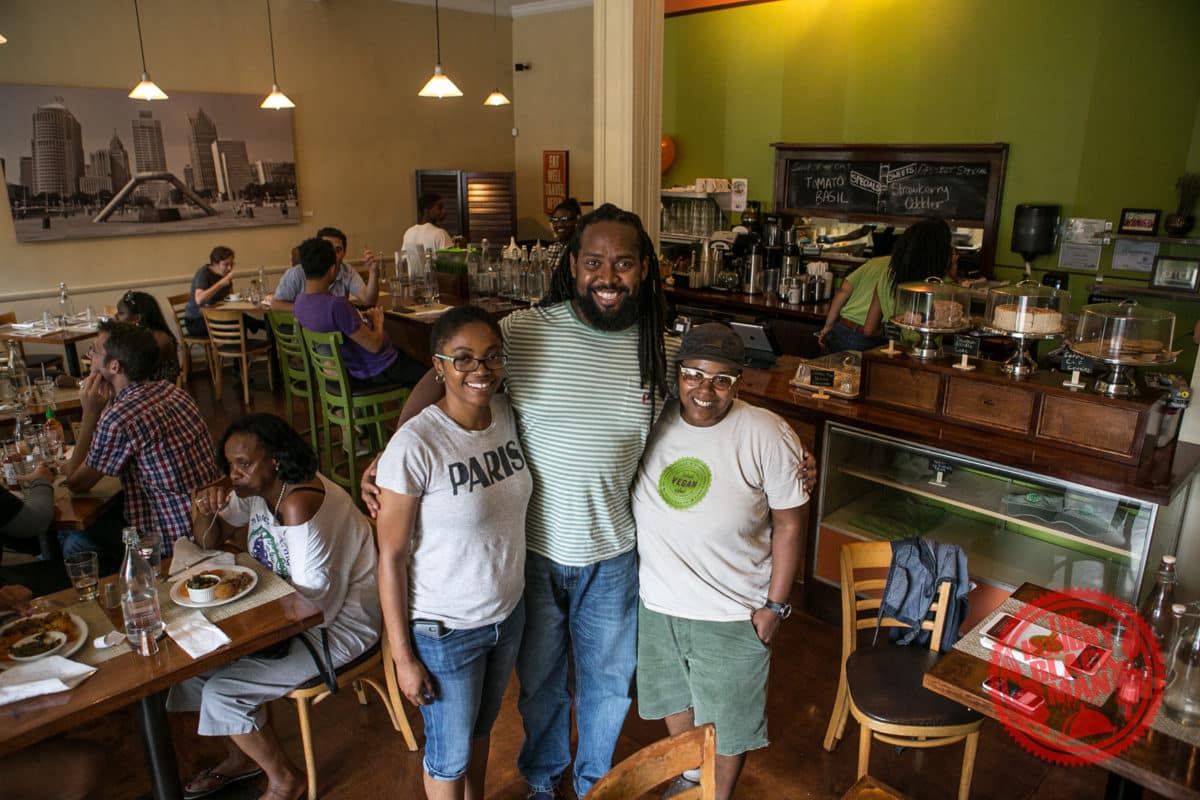

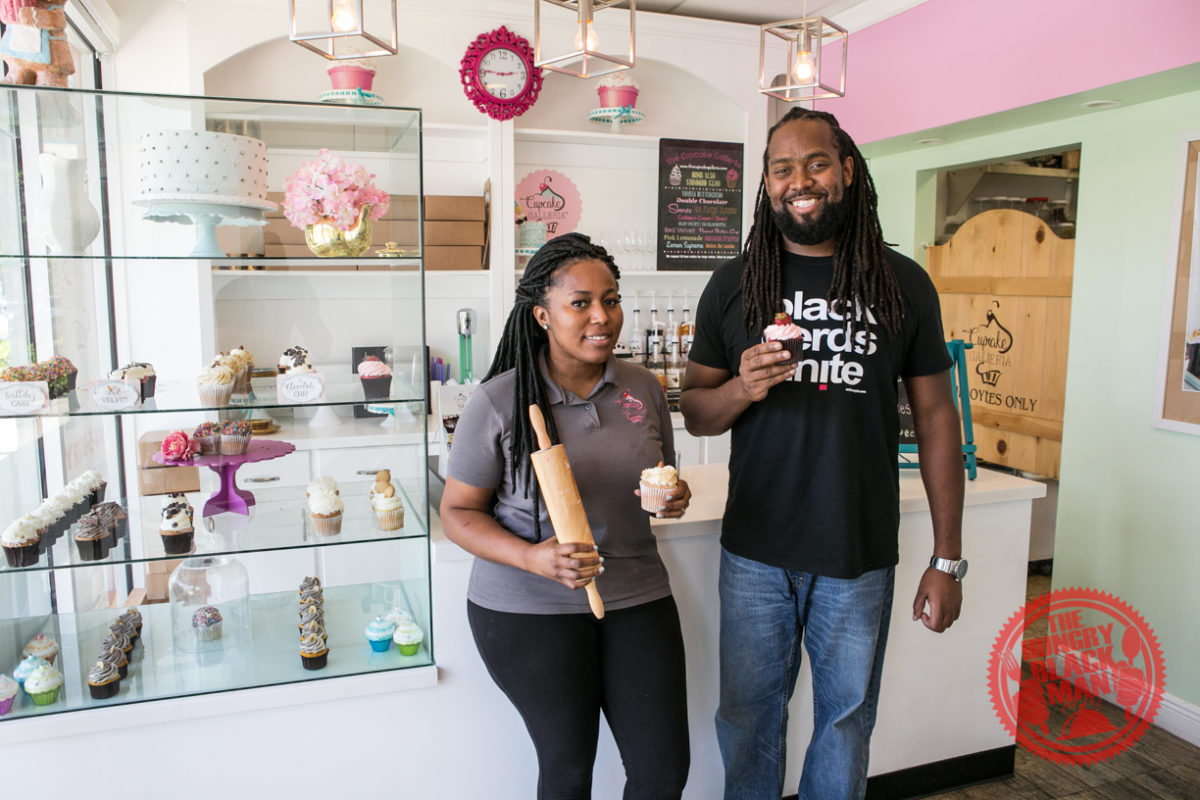
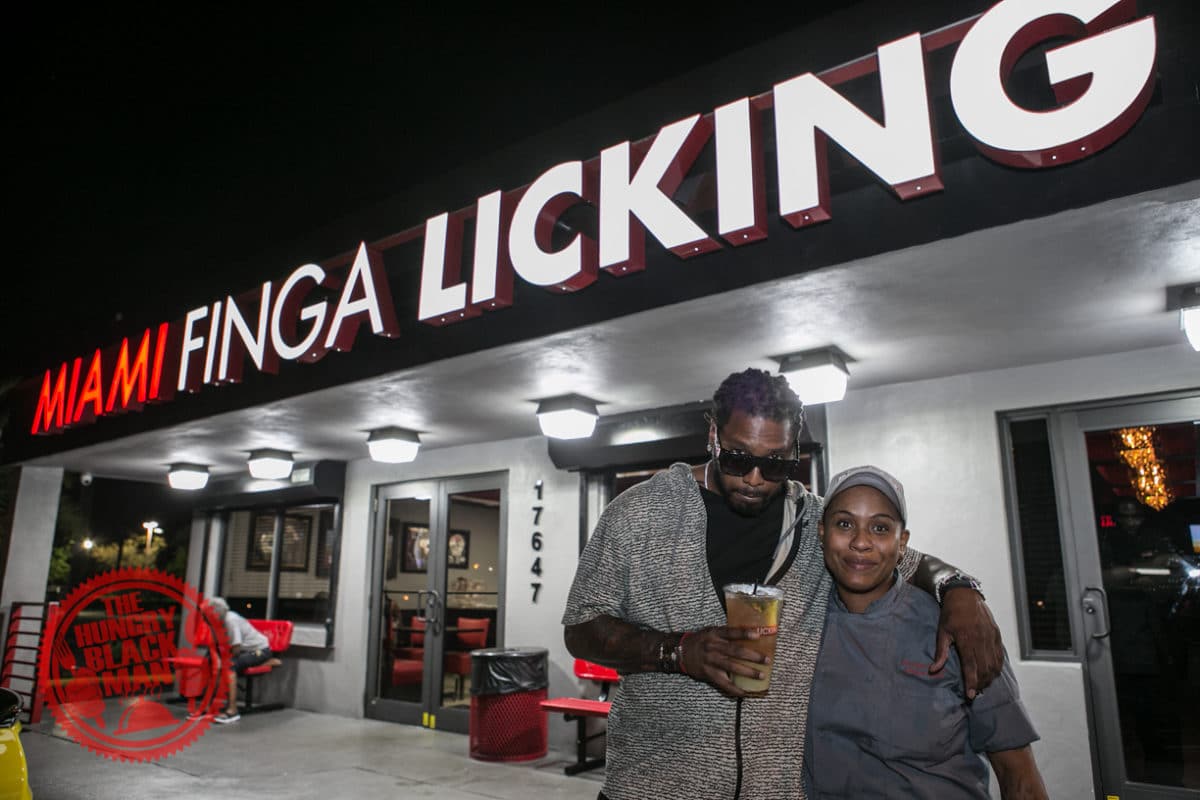









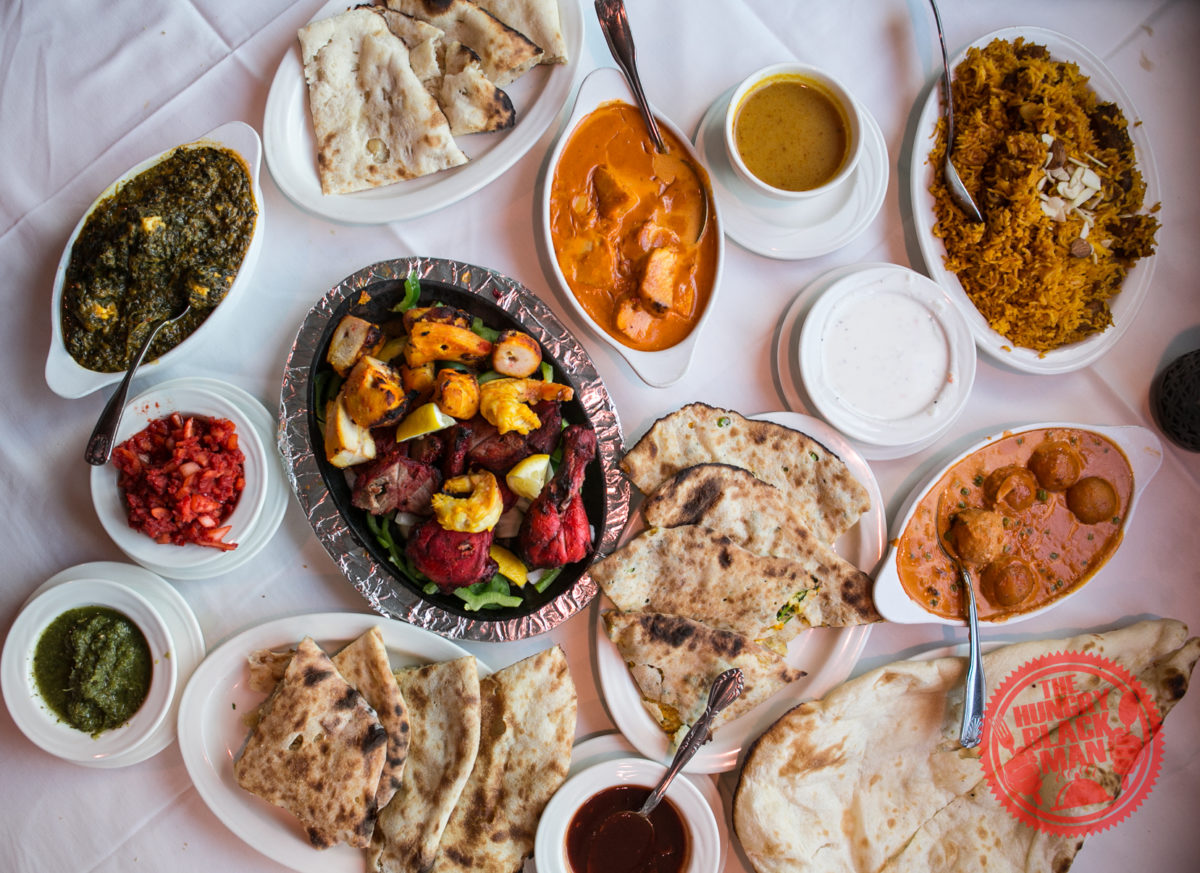









Good Job staying with your Niche brother there are establishments that can top plenty of restaurants on South Beach and others. I appreciate your efforts #BUYTHEBLOCK #BUILDBLACKWALLSTREET
They wont tell how bad the service and the looks they get at the South Beach and other establishments
I’m so glad you said this. I’m a Chef in South LA and I know for a fact I miss out on business opportunities with my own people because I’m black. We don’t value or appreciate what we have to offer eachother. This attitude is what made me rethink opening a restaurant in my area.
I don’t believe in sh*tting on Black owned businesses period. To do it publicly is a whole ‘nother level of trash. If I have an issue, I will usually just address it with the establishment directly or let it ride.
Now, I admit that I wrestle with this issue. From my experience as a frequent patron of Black-owned restaurants, I pretty-much EXPECT inconsistency in some area.
I’m fortunate enough to live in an area where Black-owned restaurants actually exist. I find that a lot of places are just stretched thin, so there’s not enough food prep or the staff has only been trained on how to take orders, but not coached in how to actually provide good service.
I agree that we should be gracious when it comes to Black restaurants, but eating out shouldn’t lead to an existential crisis.